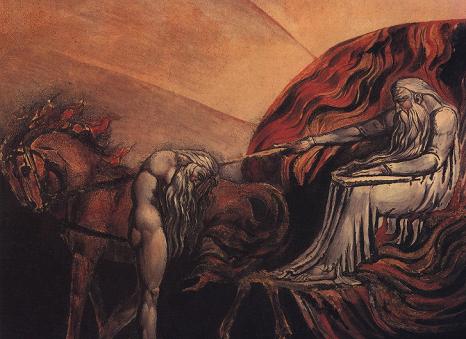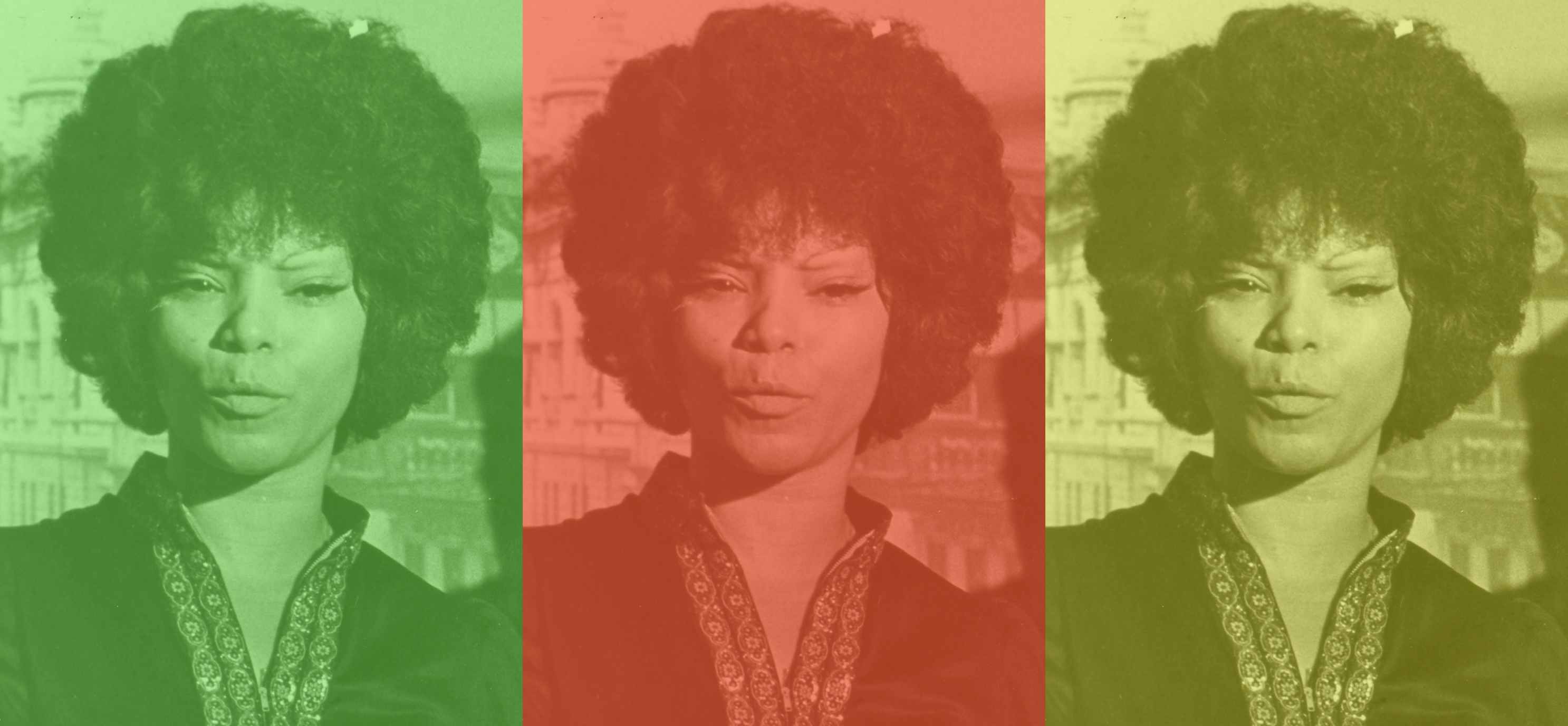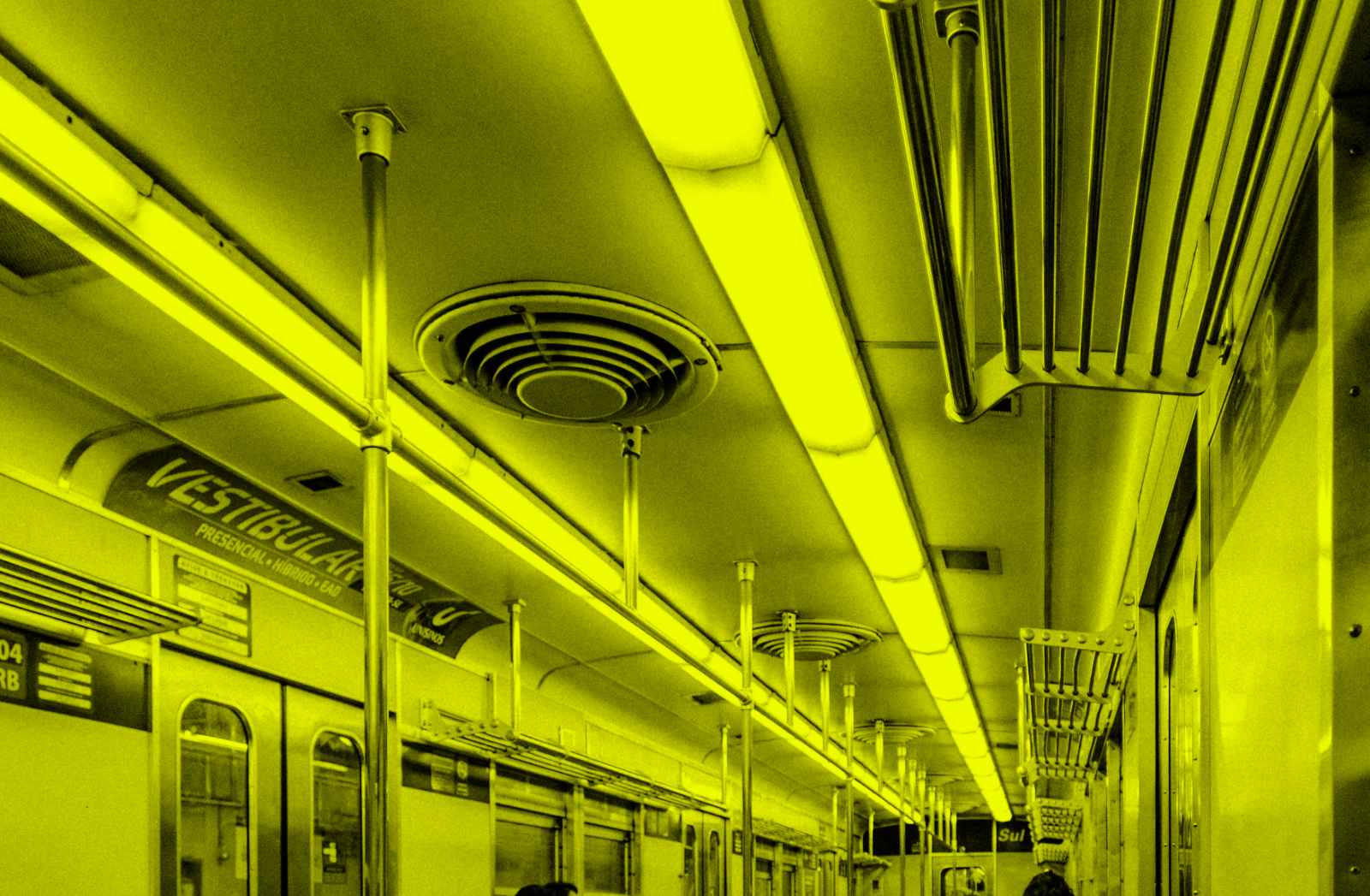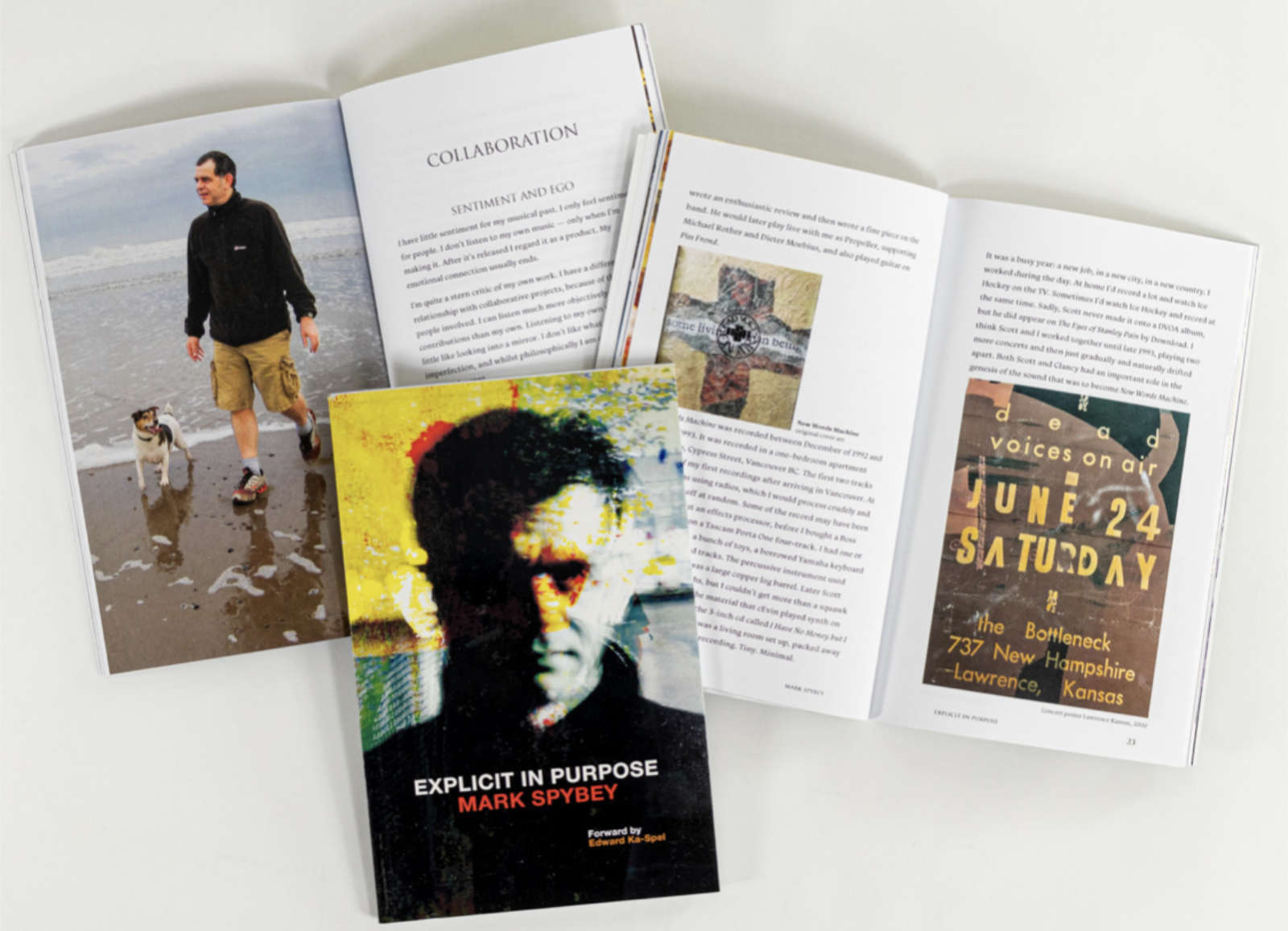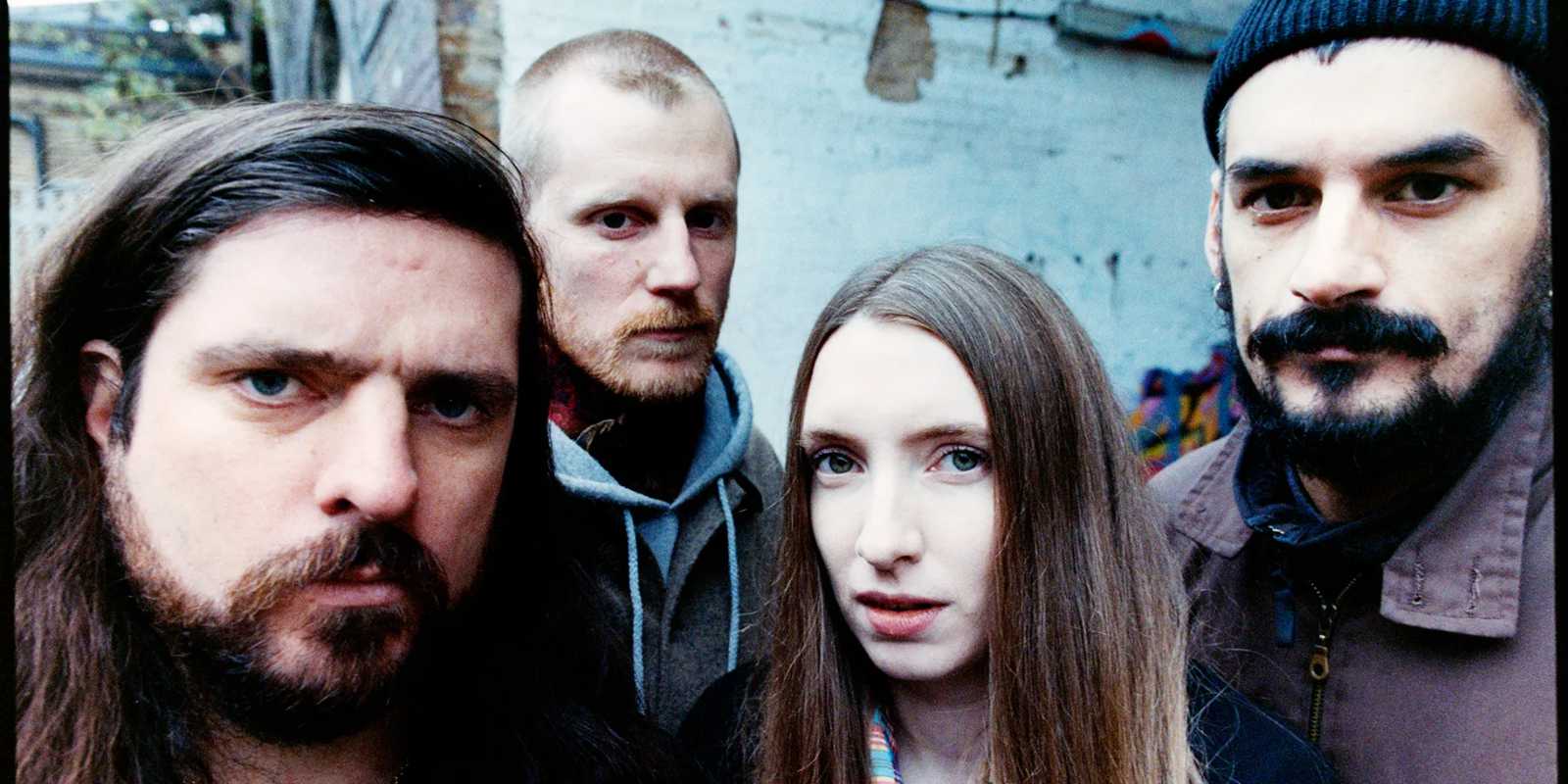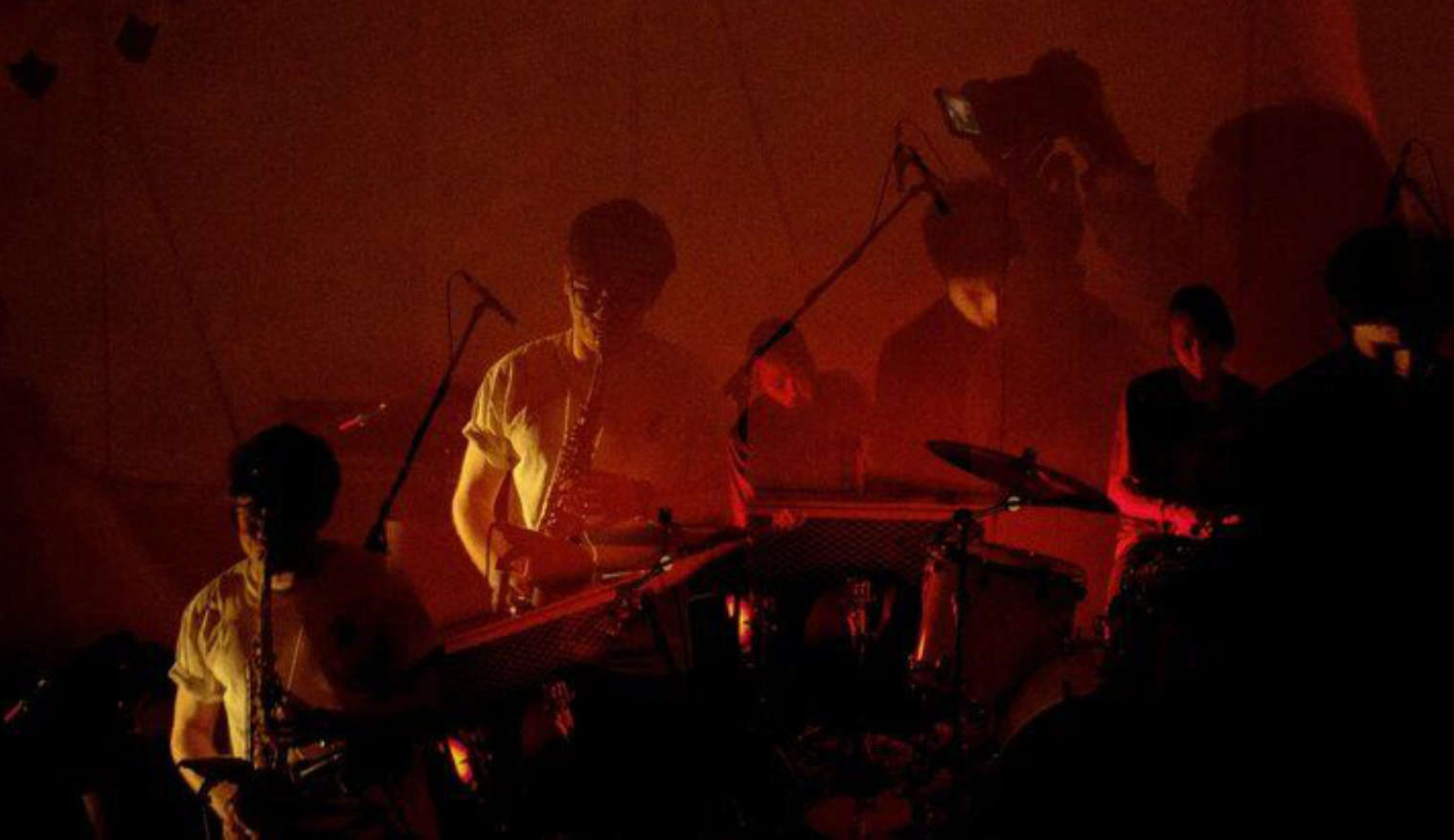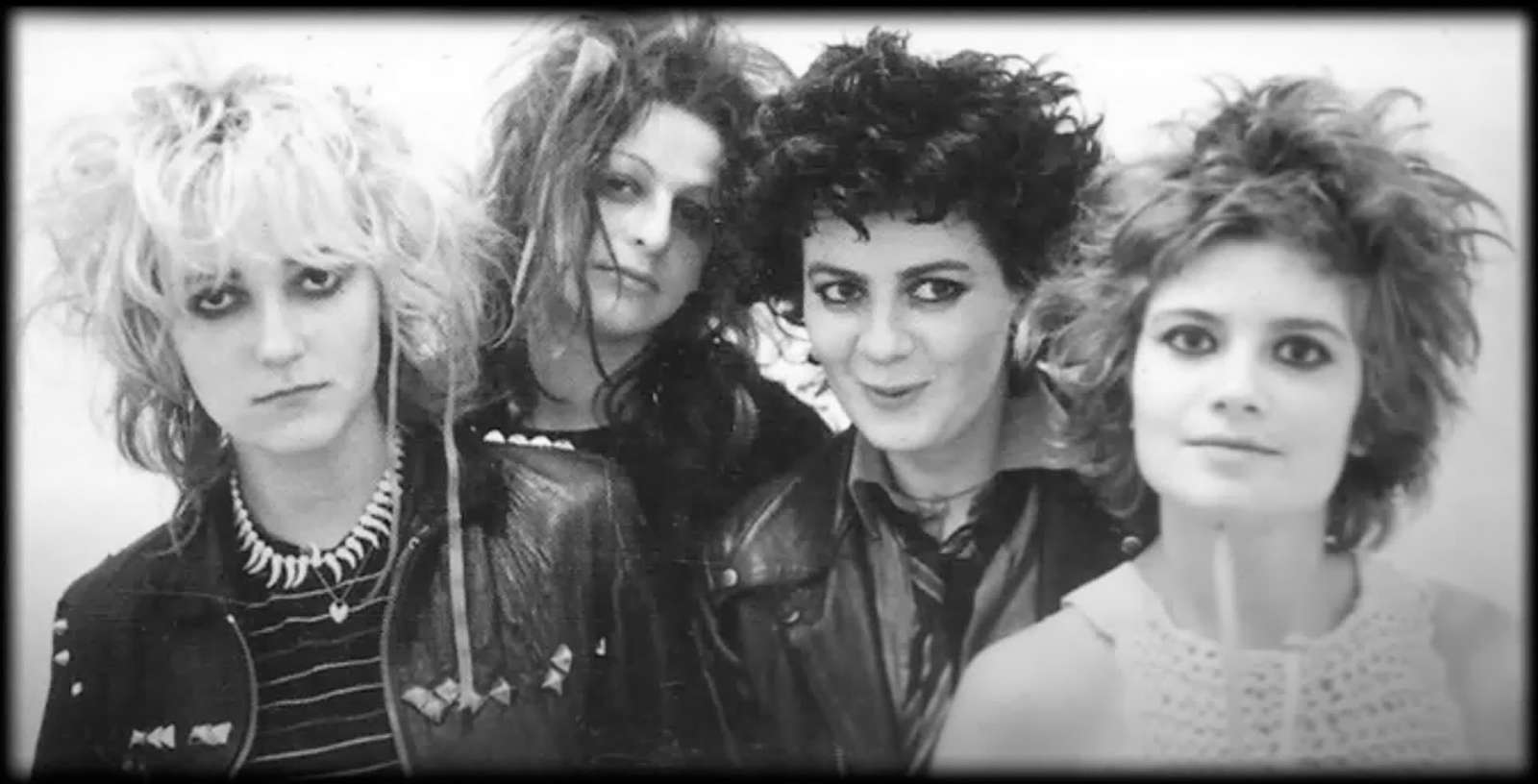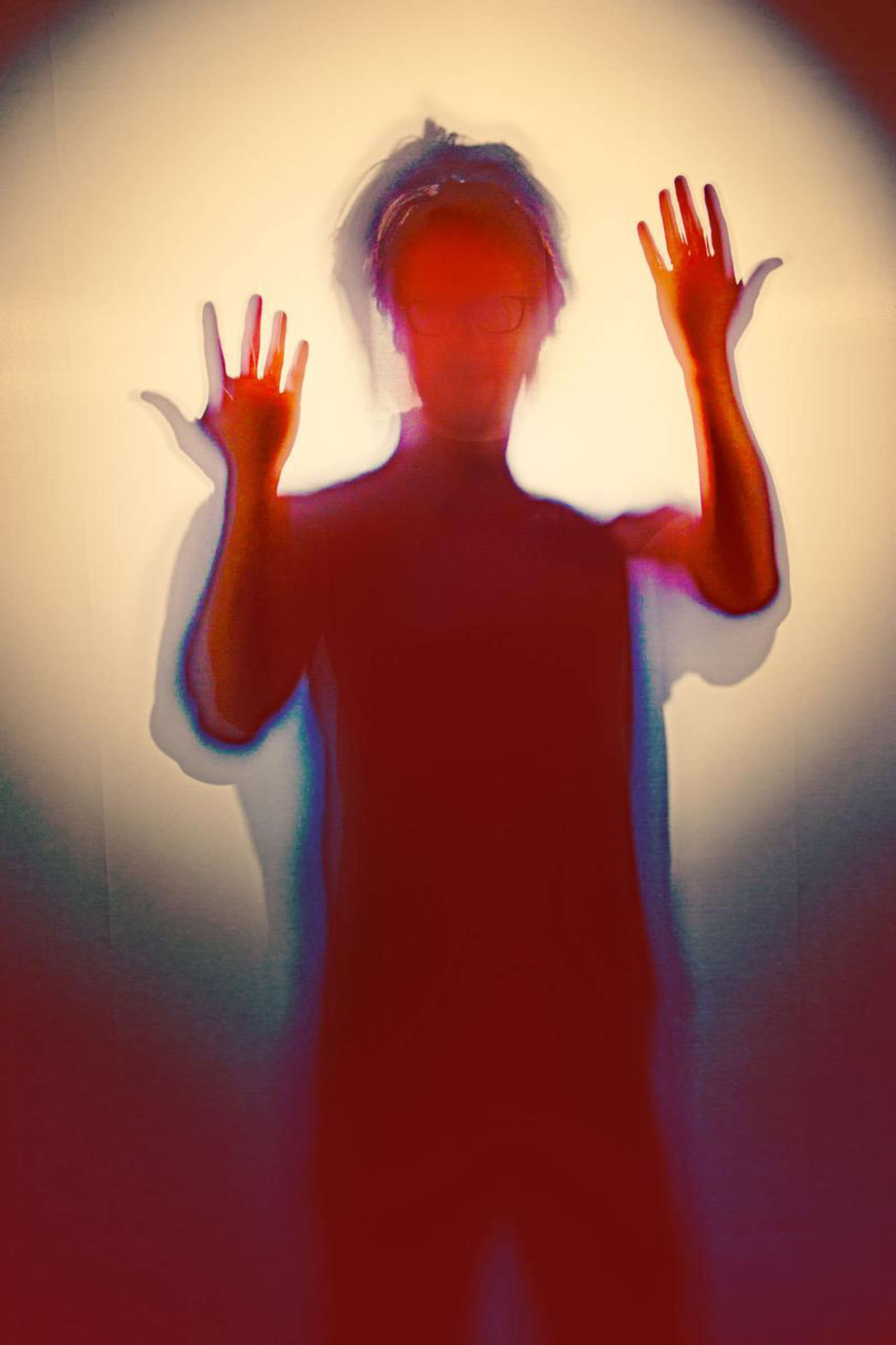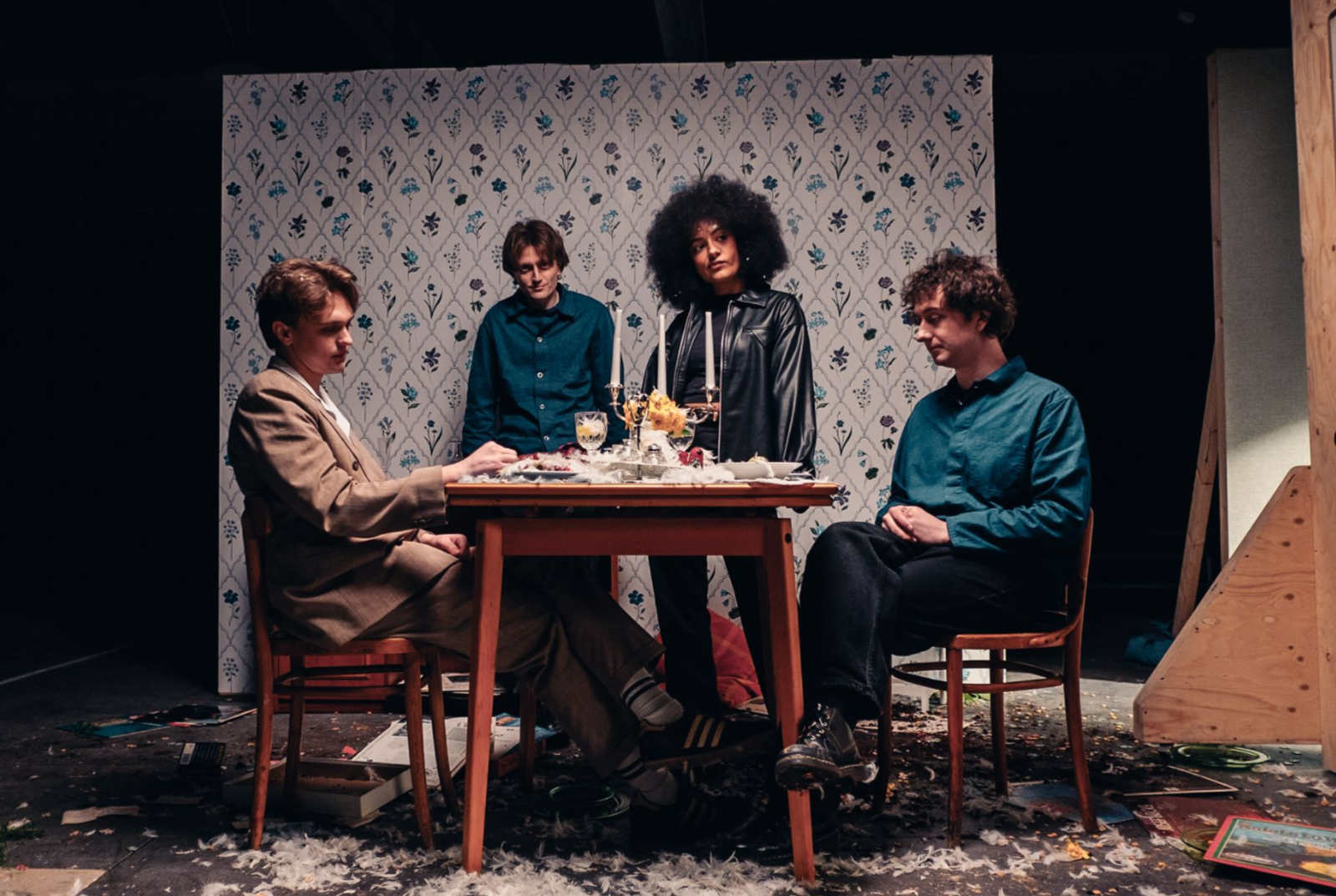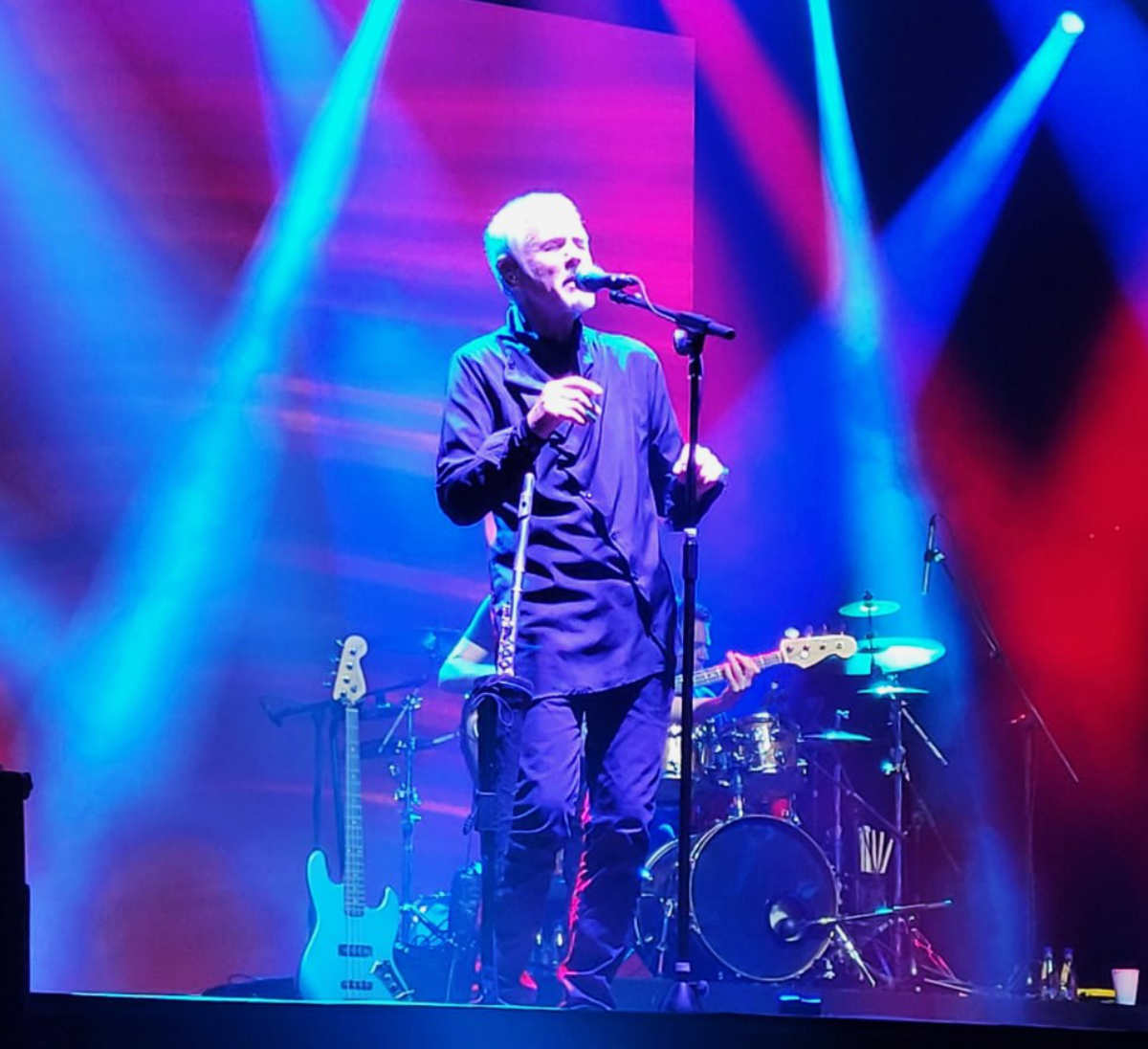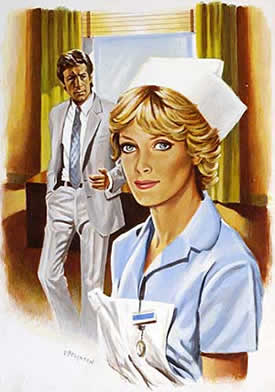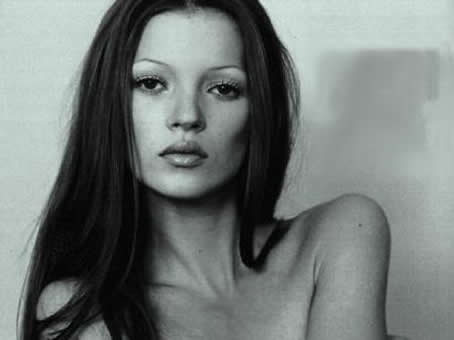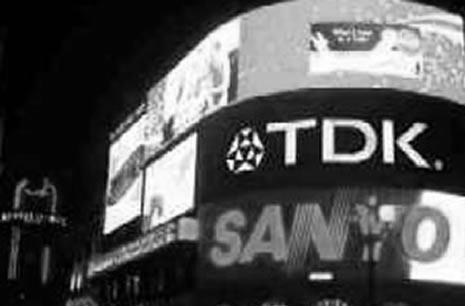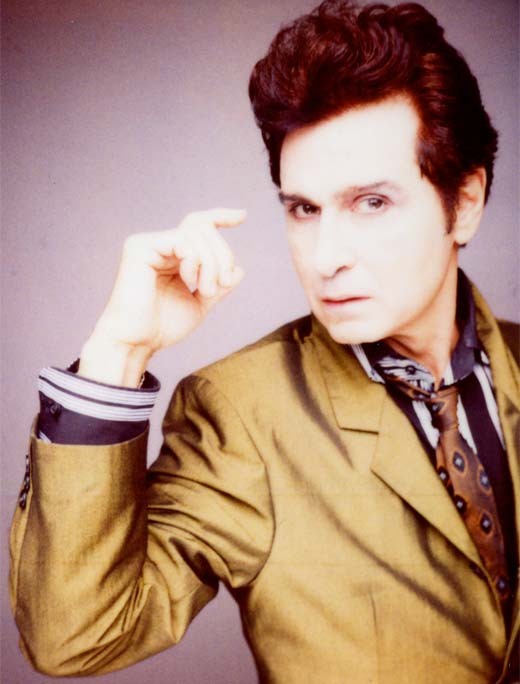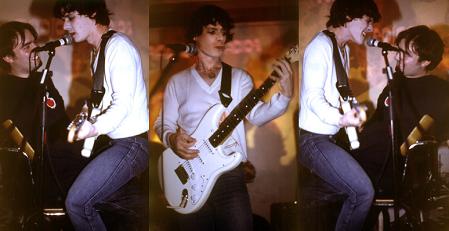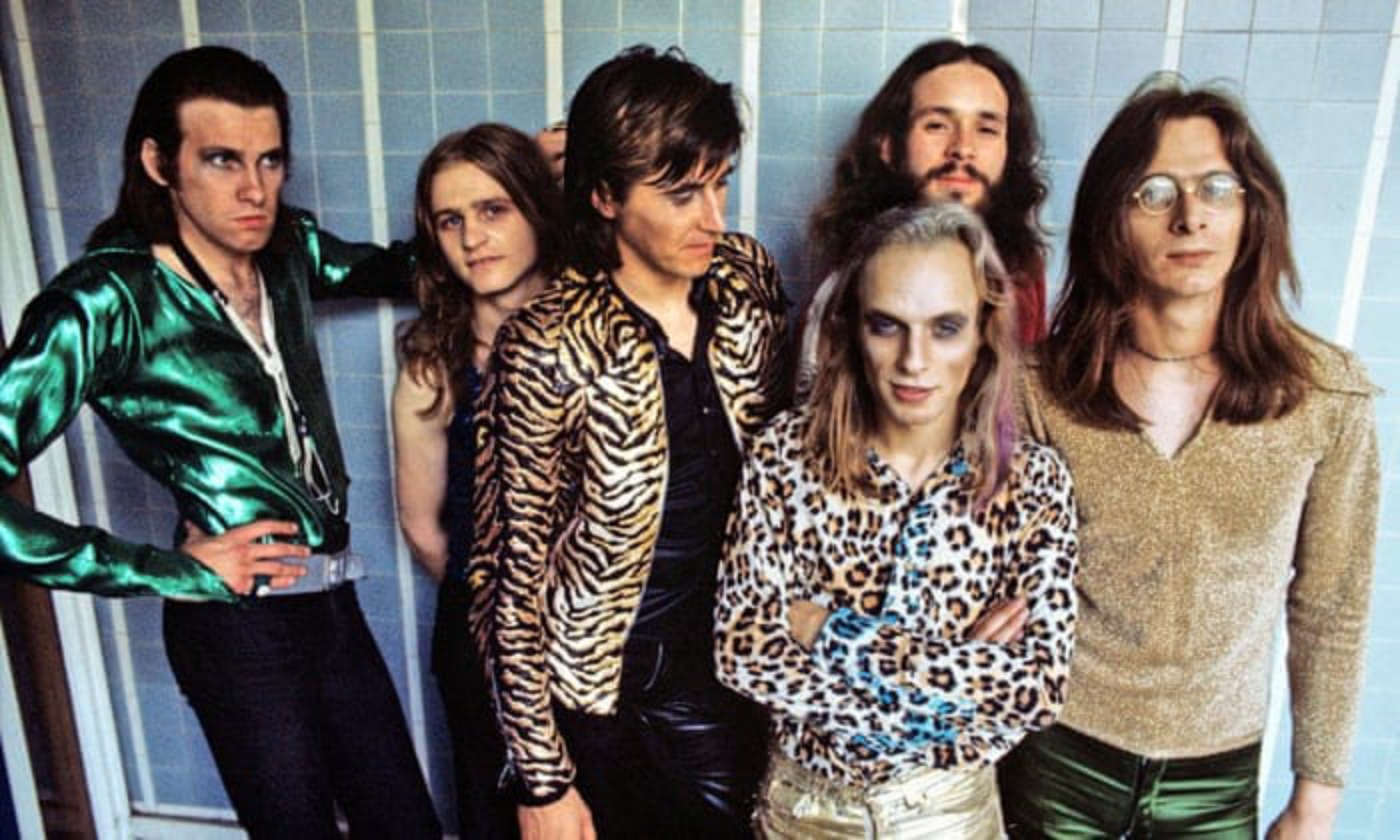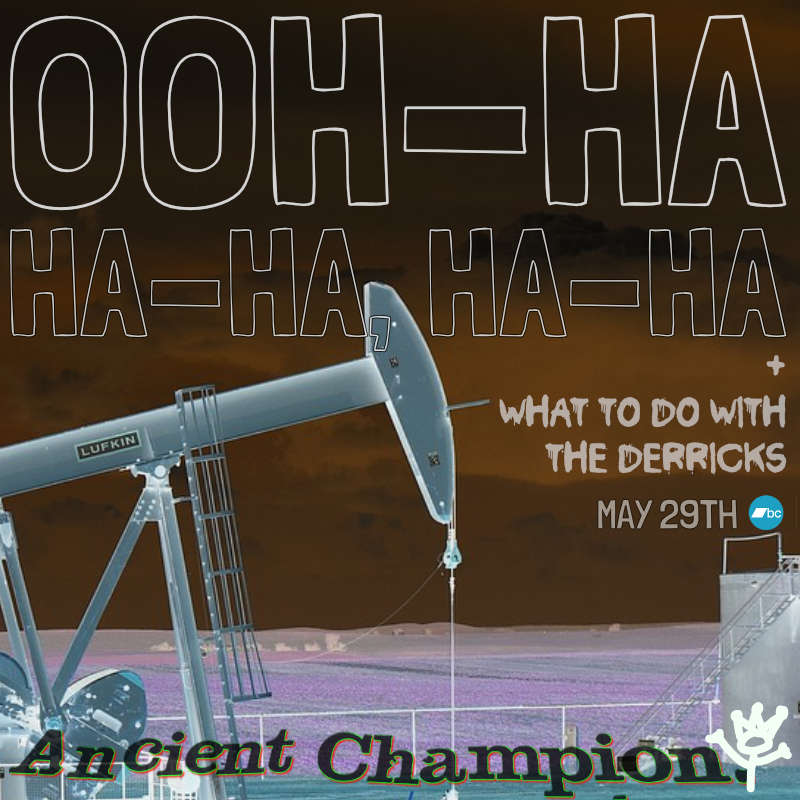I had a good friend from back in my harder drinking days who was fond of quoting William Blake, in particular throwing out "The road of excess leads to the palace of Wisdom" usually just as we would down our third iced coffee in preparation for the maximum damage we could do on a Tuesday night. Nobility came in the blurring of vision, the slurring of words and the sharpening of judgment. We were too old to do reach glory by perpetual near suicide by drugs, too slow for fights, but just at the right stage to get our drink on and get macho philosophical at all times. He got the fuck out of dodge when the time was right, and for a month I stayed home, not venturing out of the apartment that for the previous year I had basically only stumbled to at 2AM and left from at 8:30 for work.
It was a correction, much like how flying a plane is called a series of a million little corrections, a righting of balances. In that time, in that nexus between constant public drunkenness and self-imposed exile, I dug into my record collection and for maybe the first time since junior high when my brothers' Black Sabbath albums were unearthed from the boxes in the garage, I wallowed in the redemptive annihilation of rock n roll. This friend had clued me in to the joys of Richard Hell and Pere Ubu and The Cramps, all stuff I had familiarity with before, but had never truly embraced, let creep into my veins. Once I did, this second time around, now with bonus alone-time to let the brew steep. Funkadelic's acid tests cross-pollinated with Lux Interior's paenes to darkness, XTC's nervous psychedlia interbred with The Fall's psychedelic nervousness, all while Rev Horton Heat kept the trashcans lit. This was also when we first got the Internet at work, so my world was quickly going down the slippery slope to its bluff over hell today where I make my home.
This friend would probably wretch at the hippy-ness of the selections here, but the garage doom, the three chord slow-dive, the snakebite in these records makes me think of that heady era when vodka and coffee and the dark were all crew members helping out with my Enlightenment.
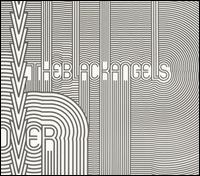 The Black Angels
The Black Angels
Passover
(Light in the Attic)
If The Black Angels were a car, they would be another friend's junkie girlfriend's Monte Carlo SS, except instead of still holding its class, it would be a battered shell of a thing, with the abilty to get only into one gear, just enough to get one to the Taco bell and then to one's dealer and home again before the cabin filled with smoke. Each song on Passover chugs along with the same exact burbling lurch, an oscillation similar to the Monte Carlo. And usually, every song sounding the same would be a detriment, but in this case, it's like the giant granite blocks used to build a temple to the sun. The first lone reverb plunks form the guitar on "Young Men Dead" give you the briefest foothold before the train starts cucgging forth in a tidal wave of fuzz, tambourine and throb. The singer bears more than a resemblance of the Gene Loves Jezebel whine, which for me frankly works like no other rock clich?©. Its cocksure and unsure at the same time.
Things are moving along at a strident pace, sleazy synchronization oiled to almost autonomic clockwork on "The Sniper at the Gates of Heaven" and keep going down its blues alley through "Black Grease" onto the electric backporch stomp of "Bloodhounds on my Trail." Honestly, these songs have the same patina of fake blues rock that Jesus and Mary Chain traded in, but unlike the Reid brothers, this act totally works (Psychcandy excepted. I don't know how the band that became the Jesus and Mary Chain created an album as good as Psychocandy considering the flaccid nature of the rest of their catalog. I guess accidents will happen) The final 18-opus "Call to Arms" is a little to martial and together to be the "Sister Ray" they might want it to be, though it does go a little skittery with the ghostly string section that appears around the 8 minute mark. The muso in me hopes this to be a double homage, part to the Velvet Underground's "Black Angels Death Song" from which the band purportedly got its name, and part to the electrified string quartet "Black Angels" - a masterpiece of moody classical minimalism by composer George Crumb. If it is, nice touch, Black Angels. Five minutes of silence trundles by until an acoustic track about a woman getting the unfortunate letter about a son dying in Iraq. War themes are all about here - including a song "The First Vietnamese War" (in fact the George Crumb piece I hope the quote in name and structure is a harrowing open meditation on the horrors of the Vietnamese war) and while this album does not exactly answer any questions or resolve anything, it does mesh nicely into the general uneasy rut that the current war has become.
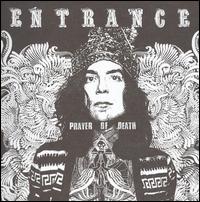 Entrance
Entrance
Prayer of Death
(Tee Pee)
Prayer of Death blows open the locked-down psychedelia of the aforementioned release with swaggering abandon. Entrance first, er, entered our consciousness as a delta-blues carpetbagger, taking equal parts Blind Lemon Jefferson and Marc Bolan on his skeletal curiosity Wandering Stranger last year. Here he has all the subtlety of The Cult in the Electric years when "Grim Reaper Blues" sets its high-heeled boot to spark on the wah pedal. The shtick gets even thicker on "Silence of a Crowded Train" with a string section and the opening wail of "Children of God play musical chairs..." This record is so excessive that I imagine Entrance (aka Guy Blakeslee ) owes the Palace of Wisdom some back rent. It's brilliant actually, as in "as a floodlamp", too much to look at straight on. I mean, "Requiem for Sandy Bull (R.I.P.)" is a blues dirge played out on a fucking sitar! Come on! This thing is going to explode and kill us all any minute now.
The thing that holds all this together is the addition of Zwan/A Perfect Circle's Paz Lenchantin, who has proven with his time with both Billy Corgan and Maynard Keenan that he knows how to channel an egomaniac's vision into brilliance. "Valium Blues" is one of those moments. Blakeslee howls and hoots and YEAH!'s like Robert Plant possessed and the music spins and mutates in bad mushroom trips over its course, but manages to break on through to the other side like another rock dinosaur promised to do years ago.
"Pretty Baby" could almost be a continuation on the Animals' "House of the Rising Sun" with everything drenched in blood and vibrato while the title track is lost acoustic ballad echoing up from the bottom of a well. "Lost in the Dark" is a magnificent roam though the woods, possibly riding on the shoulders of Iron Man as he destroys the people he once saved with cartoon heat vision. The way these songs weave and lurch with all their baggage - multitracked guitar lines, and string parts and percussion and whatnot - its like a giant zombified Stagger Lee, wildly stalking the streets of make-believe Clarksdale with a rusted pistol in his withered hand, clouds of buzzard feathers falling out of the brim of his hat as he passes. It all impossibly comes to a head in the wild, weird death chant ceremony of "Never Be Afraid!" an Alan Lomax field recording at the pow-wow celebrating the rock-n-roll endgame. An actual Brian Jonestown Massacre being failthfully re-enacted for tourists. So delicious in its spectacle, it makes the Gallagher brothers, staring cocaine-blank in mirrored glasses looking like mere uniformed ticket-takers for the real show. I'm not sure I believe a minute of it, but then I'm not sure I believe Mick Jagger or Elvis or The Devil either, but it's still who I'd rather look to for a direction out.
